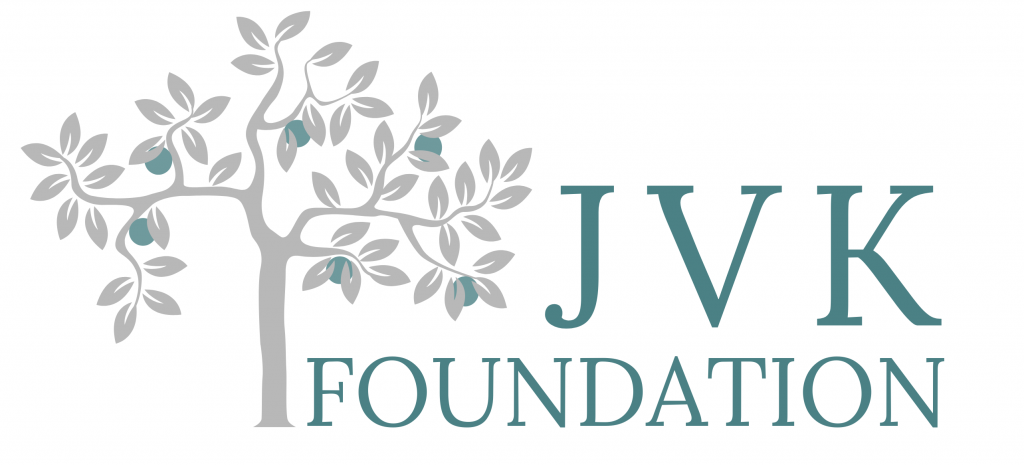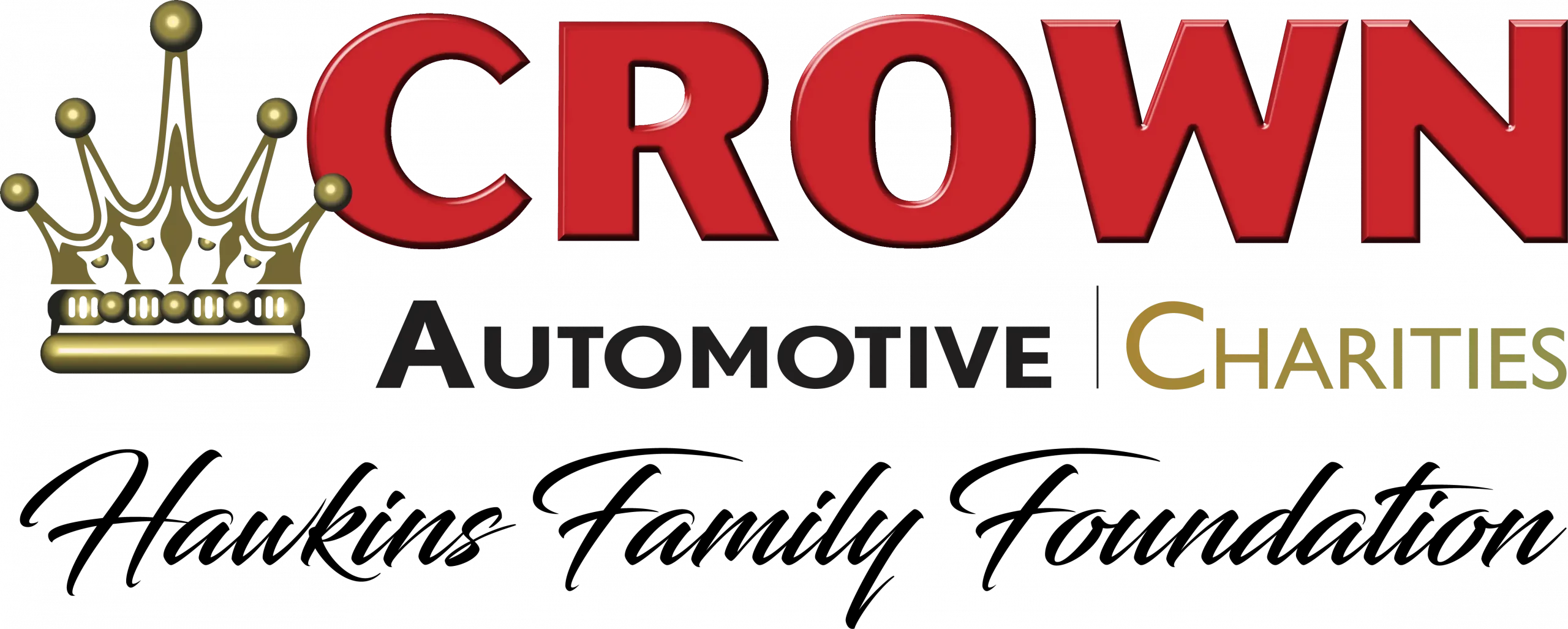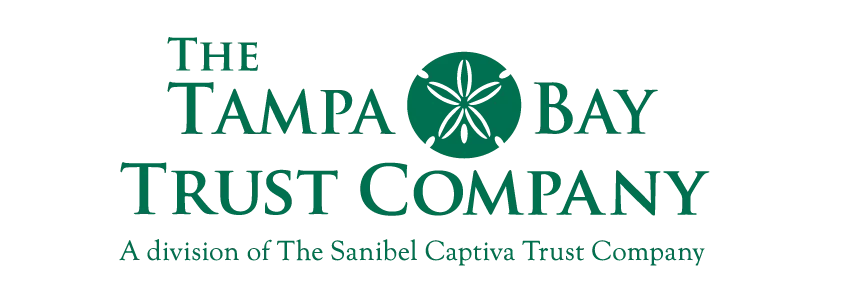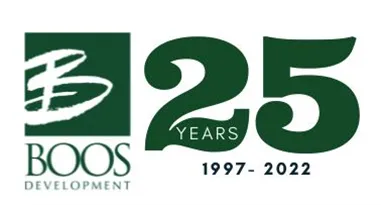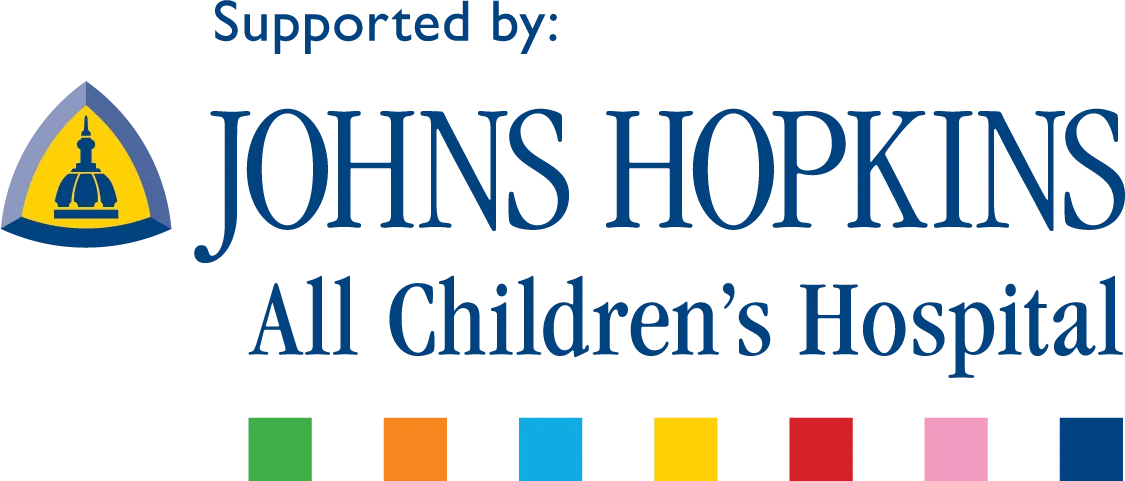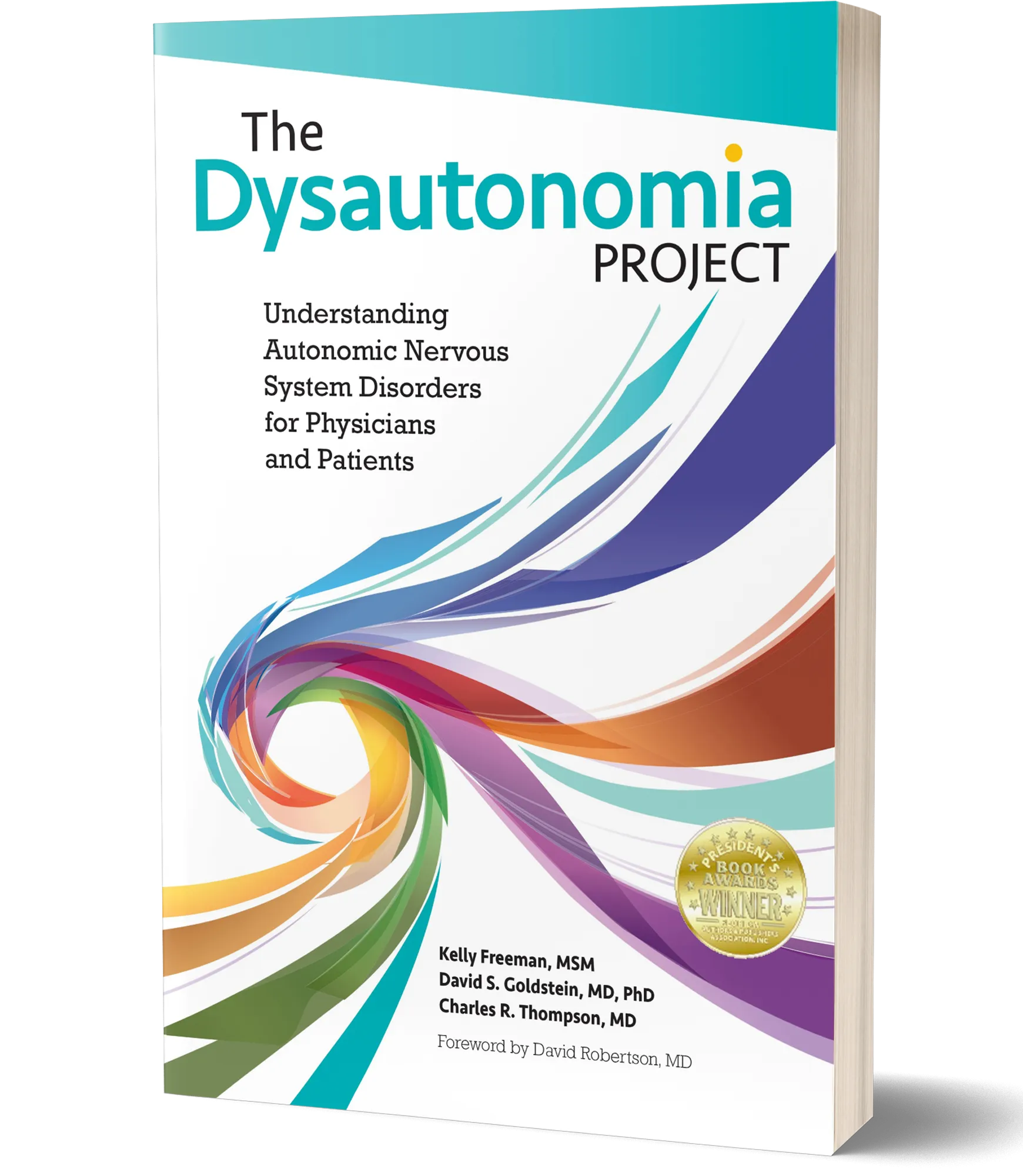Dysautonomia is an umbrella term used to describe any disorder of the autonomic (or automatic) nervous system. Dysautonomias affect many organ systems resulting in symptoms that can be mild to disabling. Dysautonomias have no known cure. Dysautonomias are not well understood or even consistently taught in medical school today which makes it difficult for patients to find health care professionals who understand and can help diagnose and/or manage their conditions. Further, many patients with dysautonomia have coexisting conditions which makes the management of these cases complex.
There are two main battles a dysautonomia patient faces when they begin down the path of seeking medical help and becoming knowledgeable and advocating for oneself is very helpful in navigating the process.
The battle to get a proper diagnosis
This battle can be long and arduous as most patients are misdiagnosed many times before being correctly diagnosed with an autonomic nervous system disorder. Most are told initially that the symptoms are psychogenic, or “all in their head.” While there are no blood tests or imaging scans that help diagnose most dysautonomias, a good patient history and a simple set of orthostatic vitals conducted in the clinic can help an educated physician diagnose dysautonomia in as little as fifteen minutes.
The battle to manage symptoms in a way that helps to maximize function
This battle is often much more difficult and usually lasts a lifetime. Since dysautonomias affect multiple organ systems, treatment usually focuses on the reduction of symptoms and varies greatly between individuals. In some cases, where dysautonomia occurs as a result of another disease process, the autonomic problem may resolve when the primary condition is effectively treated. In most cases patients must become their own advocates learning which treatments are most effective . In all cases education is the #1 form of treatment.
In order to navigate these two battles it is helpful for the patient (and/or patient family member) to learn about dysautonomia. This knowledge helps patients and families to be informed as well as engage in their own healthcare. Dr. David Goldstein suggests we “Flip the Clinic” when it comes to healthcare for patients with dysautonomia.
“Just as clinicians inform patients, patients inform clinicians. Each patient is like an experiment…From a scientific point of view, I believe flipping the clinic will be especially valuable for patients with multisystem disorders of regulation such as dysautonomias.”
– excerpt from The Dysautonomia Project Book
Patients and families are better empowered for success when asking questions and working together with health care providers during the diagnostic and treatment processes.


